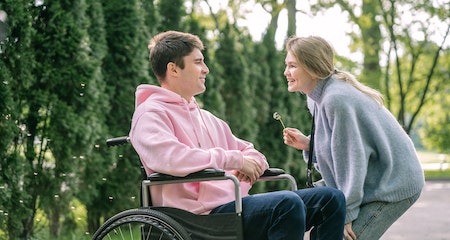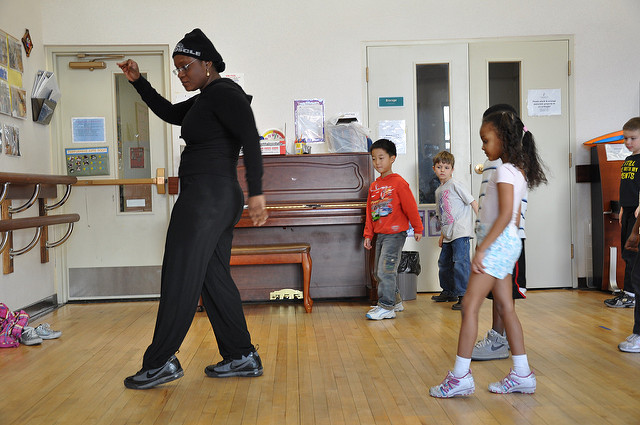If you want to provide care for disabled individuals, there are a few things you should keep in mind. Most importantly, remember that these individuals are just like you and deserve respect.
People living with disabilities have the right to live as independently as possible, regardless of any physical limitations. By getting to know them personally, you will gain a better insight into their needs and be better equipped to provide them with quality care.
Be Patient
As a home health aide or personal care assistant to someone with disabilities, it’s essential to be patient when helping them. Furthermore, giving them enough time to complete tasks will give them the impression of doing everything themselves.
Patience is a beneficial trait to possess, as it helps you stay in a positive mindset and reduces stress levels. Furthermore, patience enhances relationships with others by making them last longer.
Another effective way to be patient is by actively seeking solutions instead of allowing problems to overwhelm you. For instance, if you miss your bus and are running late for a meeting, being patient would involve planning how you can safely make it to the next destination without being late again.
Learning patience can make you more adaptable and make decisions that benefit your future. Furthermore, it reduces stress levels and prevents burnout.
Don’t Feel Sorry for Them
Many individuals living with disabilities often have a difficult time accepting help from friends, family, and even strangers. They might feel guilty for needing assistance or believe their disability makes them less than others.
Disability isn’t something we have the option of choosing; it’s an inevitable part of life. Therefore, when providing assistance to someone with a disability support services melbourne , try your best to put aside any feelings of guilt or blame you may have for their condition.
Non-disabled people can be especially challenging for disabled individuals, so it’s essential to know how to best take care of them without feeling sorry for them. Here are some strategies for doing just that.
Be Respectful
If you want to demonstrate kindness and respect towards disabled individuals, there are a few steps you can take. These include being patient, listening without judgment and being flexible when making plans.
It is essential to recognize that many people with disabilities have overcome difficult emotions to find joy and contentment in their lives. A seemingly innocent phrase such as, “I’m so sorry that happened to you” can cause deep-felt hurt to their feelings.
On particularly difficult days, showing genuine empathy and not taking things personally can be a tremendous comfort.
When possible, refer to the person first rather than their disability – this is known as Person-First Language.
Take Care of Yourself
When providing care to disabled individuals, it’s easy to become overwhelmed with your duties and neglect yourself. This could lead to caregiver burnout or increased levels of stress.
Caregivers often feel isolated, but it is possible to connect with others who have had similar experiences. They can offer support and advice, provide helpful hints, as well as emotional assistance.
Take time for yourself, and you will be better able to care for those you love. This includes getting enough rest, eating healthily and staying physically active.
Sleep is essential for caregivers’ physical and mental wellbeing. It helps reduce the risk of depression and other health issues.
It’s essential to talk about your mental health concerns and seek professional assistance if needed. This is especially crucial for caregivers who may experience depression, anxiety, or stress more easily than other individuals.
Caregivers can access community resources that offer respite care so they have time for themselves. This gives caregivers a chance to recharge and savor life again.








